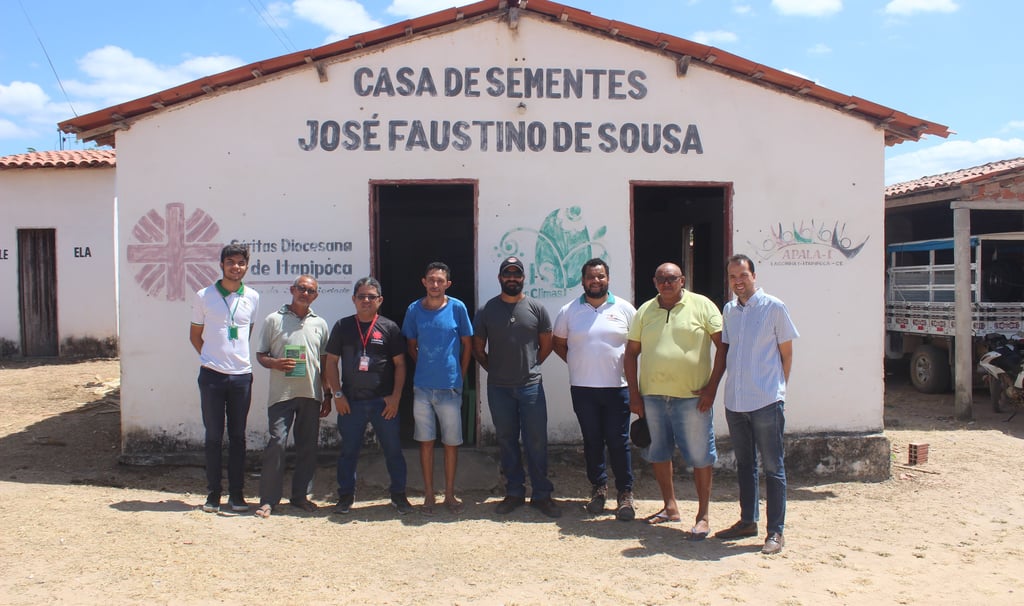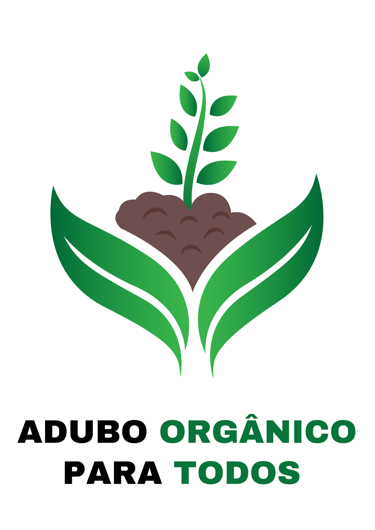ORGANIC FERTILIZERS FOR EVERYONE (ADUBO ORGÂNICO PARA TODOS) - Executive Summary
Organic Fertilizers for Everyone is a nonprofit organization concerned with low food production and income generation in Brazilian semi-arid rural communities. Our solution is to supply free organic fertilizers to farmers who can’t afford to buy them. Increasing agricultural productivity is vital to improving living conditions in the region. Over 30 million inhabitants live in the Brazilian Semiarid region. In rural areas, agriculture is the leading economic activity. The climate is adverse, and the situation has been aggravating. Soil depletion is widespread, reducing productivity. Rural communities struggle to survive. Human Development Indexes are among the lowest in Brazil. Organic fertilizers are key to sustainably transforming this scenario. They are rich in nutrients, enhance soil fertility, facilitate water absorption and retention, produce healthier plants, and prevent pests without harming the environment. They are made through composting, fostering organic residue recycling, and reducing waste disposal. Our main activities are: 1) free distribution of organic fertilizers, for which we secured donations from a local producer, with the option to purchase more; 2) arranging freight services to distant communities; 3) conducting training workshops for farmers; and 4) the appropriate selection of beneficiaries. Funding is needed mainly to purchase fertilizers and cover high transportation costs. We partnered with local nonprofits that work closely with rural communities and understand their problems and demands. They are crucial in helping execute some activities, like selecting beneficiaries. So far, we’ve arranged donations of 132 tons of organic fertilizers, benefitting over 100 families, and offered four training workshops. We received promising testimonials from farmers who compared the appearance, healthiness, and size of plants grown with fertilizers to those grown without anything or with manure. Technical research endorses this assessment. We’ll keep track of food production and income data. Our partner nonprofits are eager to increase collaboration and expand our reach. Financial support will allow us to improve our model and scale our operations, increasing our impact. Potentially, public policies can spur this initiative. Finally, organizations in other developing-world countries facing similar challenges can replicate our project.
Isabella Gepp Valdevez Castro
10/11/2024


Agricultura sustentável e solidária.
